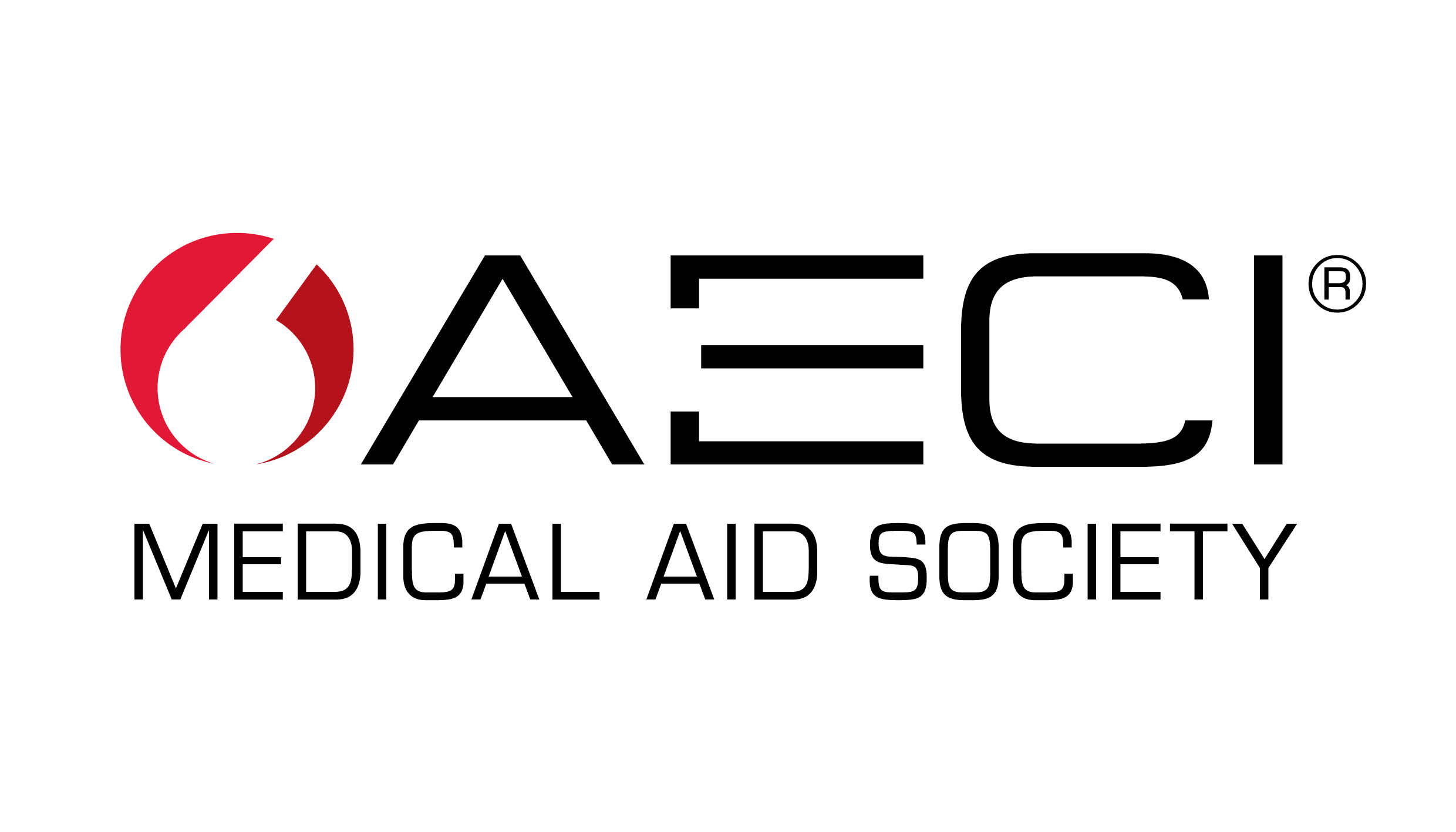Paying attention to ADHD
The most common mental health condition in children, and a condition affecting around 5% of South African adults aged between 20 and 50, is attention deficit hyperactivity disorder (ADHD).
This condition can have a significant impact on quality of life – for both the individual with ADHD and their family.
Common ADHD symptoms
The most common symptoms include trouble focusing or concentrating on tasks, impulsivity, being forgetful about completing tasks, hyperactivity, being easily distracted, difficulty sitting still, talking excessively and interrupting people.
The impact of ADHD
ADHD can increase the risk of developing other conditions (comorbidities), such as:
This condition can have a significant impact on quality of life – for both the individual with ADHD and their family.
Common ADHD symptoms
The most common symptoms include trouble focusing or concentrating on tasks, impulsivity, being forgetful about completing tasks, hyperactivity, being easily distracted, difficulty sitting still, talking excessively and interrupting people.
The impact of ADHD
ADHD can increase the risk of developing other conditions (comorbidities), such as:
- Anxiety
- Depression
- Substance abuse
- Major depressive disorder
- Bipolar mood disorder
- Personality disorders
- Conduct disorders (e.g. rule-breaking and aggressive behaviour)
Families of children with ADHD may also experience financial and emotional strains or changes in their relationships.
What causes ADHD?
The source of ADHD is yet to be understood, but genetics (qualities and characteristics passed on from one generation to another by means of genes), drug and alcohol use during pregnancy, and exposure to environmental toxins are considered risk factors.
How is ADHD diagnosed?
There is no single test to diagnose ADHD definitively. To confirm an ADHD diagnosis, doctors typically assess the individual's symptoms over six months.
The condition is categorised into three types:
1. Predominantly inattentive:
Individuals fail to focus, finish tasks or follow instructions.
2. Predominantly hyperactive-impulsive:
Individuals display hyperactive and impulsive behaviour.
3. Combined hyperactive-impulsive and inattentive:
This is the most common type.
What causes ADHD?
The source of ADHD is yet to be understood, but genetics (qualities and characteristics passed on from one generation to another by means of genes), drug and alcohol use during pregnancy, and exposure to environmental toxins are considered risk factors.
How is ADHD diagnosed?
There is no single test to diagnose ADHD definitively. To confirm an ADHD diagnosis, doctors typically assess the individual's symptoms over six months.
The condition is categorised into three types:
1. Predominantly inattentive:
Individuals fail to focus, finish tasks or follow instructions.
2. Predominantly hyperactive-impulsive:
Individuals display hyperactive and impulsive behaviour.
3. Combined hyperactive-impulsive and inattentive:
This is the most common type.
Treatment options for ADHD
While there is no cure for ADHD, treatment usually includes medicine, therapy and the adoption of healthy lifestyle habits.
Medicine:
The medicine works to improve impulses and actions.
Therapy:
Therapy can assist in monitoring and managing ADHD-related behaviour.
Healthy lifestyle habits:
Healthy lifestyle habits such as a healthier diet, exercising regularly, getting plenty of sleep, limiting screen time and spending time outdoors may help ease ADHD symptoms.
ADHD is a serious condition that, if left unmanaged, can be challenging for both the individual living with ADHD and their family.
If you recognise the signs and symptoms, visit your healthcare provider for an evaluation. With a diagnosis, you or your loved one can receive the correct treatment to manage symptoms.
References:
While there is no cure for ADHD, treatment usually includes medicine, therapy and the adoption of healthy lifestyle habits.
Medicine:
The medicine works to improve impulses and actions.
Therapy:
Therapy can assist in monitoring and managing ADHD-related behaviour.
Healthy lifestyle habits:
Healthy lifestyle habits such as a healthier diet, exercising regularly, getting plenty of sleep, limiting screen time and spending time outdoors may help ease ADHD symptoms.
ADHD is a serious condition that, if left unmanaged, can be challenging for both the individual living with ADHD and their family.
If you recognise the signs and symptoms, visit your healthcare provider for an evaluation. With a diagnosis, you or your loved one can receive the correct treatment to manage symptoms.
References:
- https://www.ncbi.nlm.nih.gov-pmc-articles-PMC6138063
- https://sajp.org.za-index.php-sajp-article-view-1865-2766
- https://www.nhs.uk-conditions-attention-deficit-hyperactivity-disorder-adhd
- https://www.healthline.com-health-adhd
- https://sajp.org.za-index.php-sajp-article-view-1010-766
- https://www.webmd.com-add-adhd-childhood-adhd-adhd-effects-on-family
